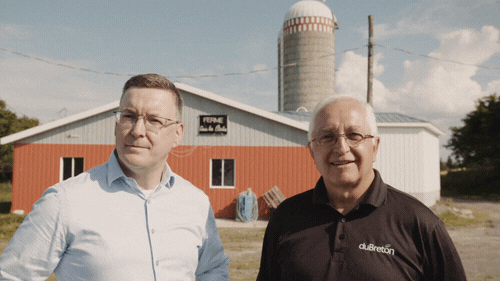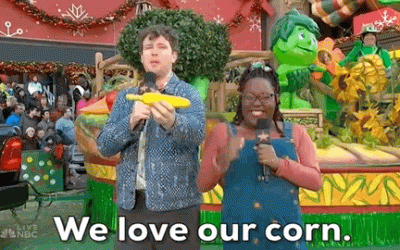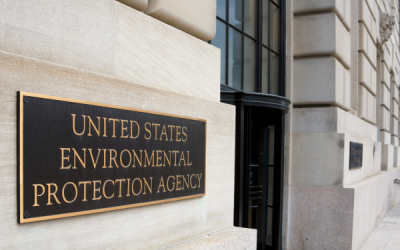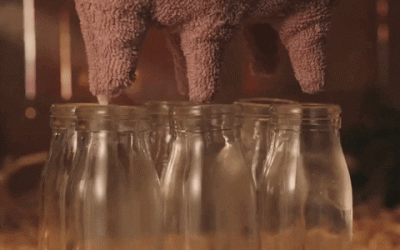Unfortunately for the pork industry, not everyone had Michael Scott’s level of love for bacon in 2023.
Low piggy bank: Pork producers are sow efficient in producing their products that the demand can’t keep up with the supply. The demand for pork in the U.S. is 9% lower than it was 20 years ago, but farmers are producing 25% more than they were two decades ago.
A series of un-porcine-ite events: The events of 2023 were compared to the pork world in 1998—when hog prices were down into the single digits, resulting in huge losses. Economists say pork producers lost more money per head in 2023 than they did in 1998, largely due to increased input costs. An Iowa State University economist said pork producers lost an average of $32 per hog last year. There’s hope this year will be better with lower feed and fuel prices, but it still won’t be great.
Fixing the sitch: There are conversations about how to fix the demand issue—from new overseas markets and education about how to correctly cook pork, to breeding pigs to add some fat into the meat. The sad part is some say the nation’s sow herd needs to decrease by 6-10% to get the industry back to being profitable.
Short Corn Packs a Punch
Dynamite comes in small packages—which can be true with new seed technology. What’s...
Congress to EPA: What’s Your BEEF with Meat Packers?
The Environmental Protection Agency (EPA) is considering new regulations that take aim at meat and poultry processors.
And some members of Congress have a BEEF with the EPA’s proposals.
The proposed rules: In late January, the EPA released the details of its proposed “Clean Water Effluent Limitations Guidelines and Standards for the Meat and Poultry Products Point source category.”
Huh?
Basically, the EPA formally published its proposals to combat wastewater contaminants that come from slaughterhouses.
Okay… that makes more sense.
At the heart of the rules proposal is a concern from environmental groups about nitrogen and phosphorus pollutants that originate from slaughterhouses. In some cases, the wastewater goes directly into waterways. In other cases, the water goes to municipal wastewater treatment facilities.
But not everyone is on board with the EPA’s suggestions…
Congress responds: Last week, two U.S. representatives—Eric Burlison (MO) and Ron Estes (KS)—pushed back against the EPA and introduced the “Banning EPA’s Encroachment of Facilities (BEEF) Act.” If passed and signed by President Biden, the law would prohibit the EPA from finalizing, implementing, or enforcing the rule.
According to the lawmakers, the proposed rules place undue burden on small processors—costs that can be absorbed by larger companies.
Soundbite: “The… proposed regulation isn’t just an attack on family-run small businesses, it’s an attack on rural communities,” said Burlison. “These meat and poultry processors are the lifeblood of our communities. The BEEF Act… lets these hardworking Americans do what they do best, produce safe, affordable food for our families.”
University of Illinois Makes Big Mooves in Milk Production
Pump it up: Scientists led by Matt Wheeler at the University of Illinois Urbana-Champaign are...




